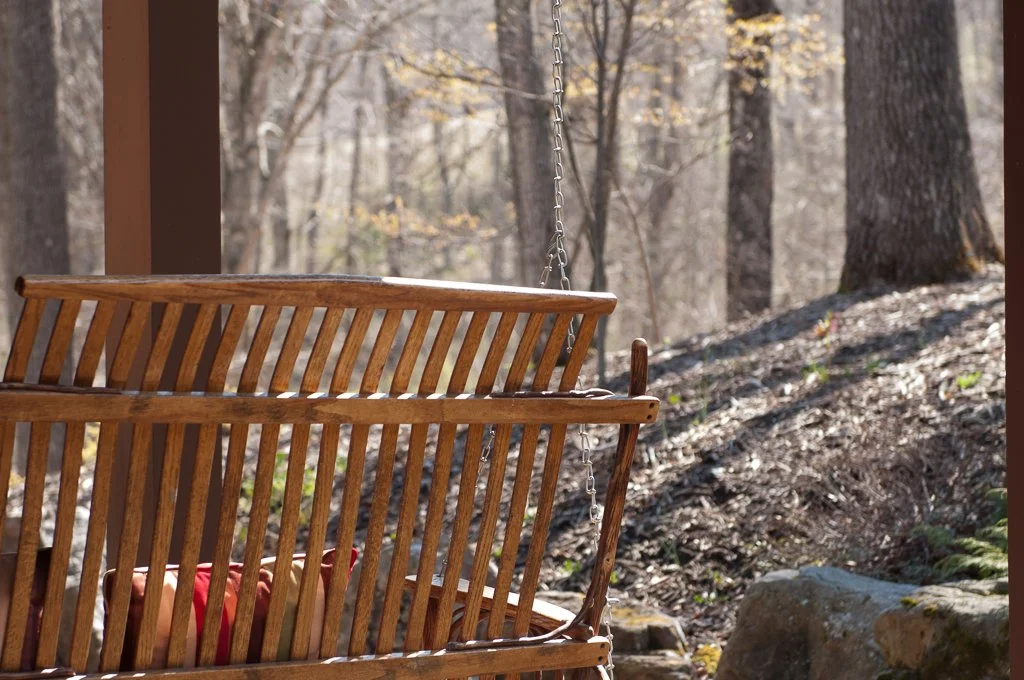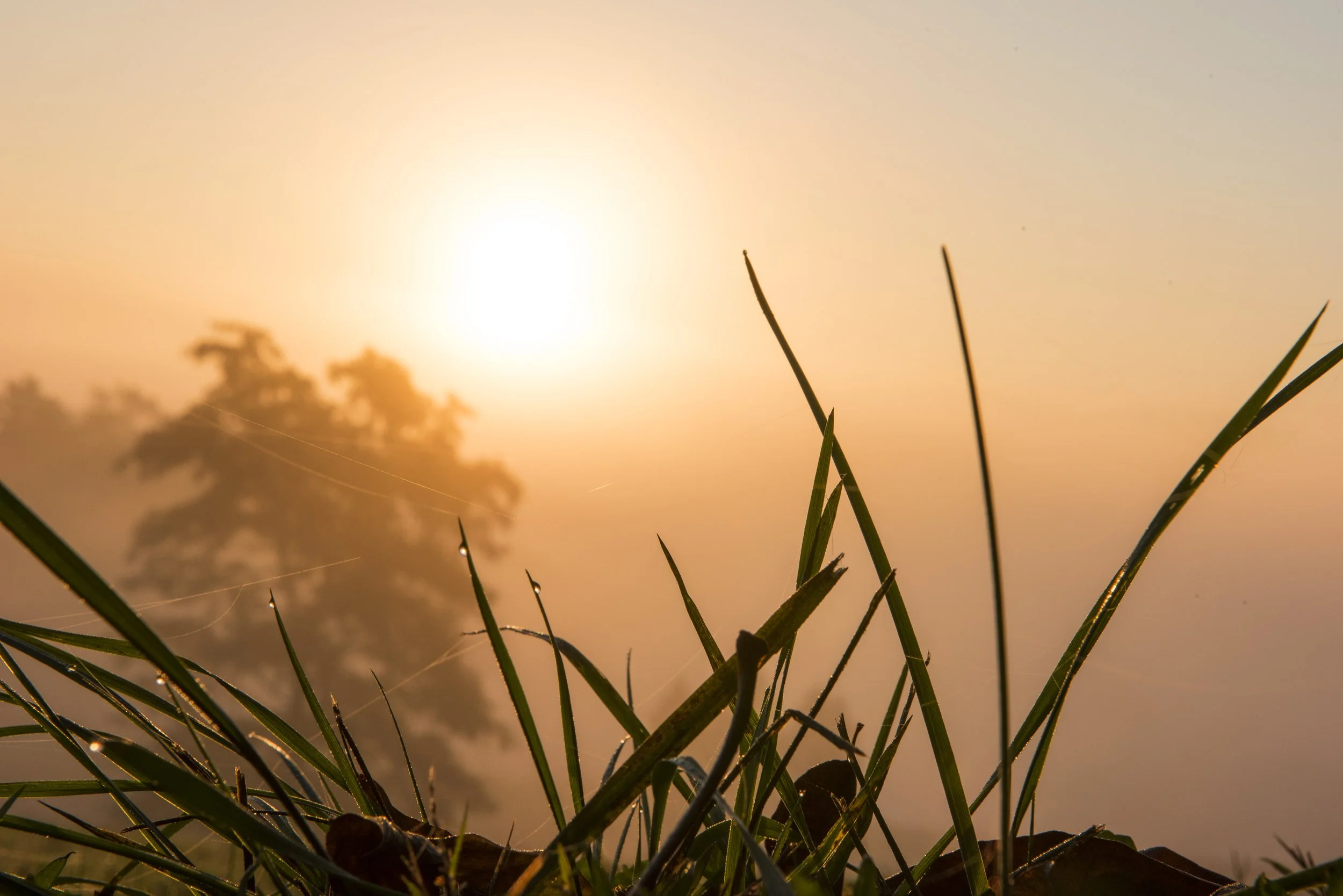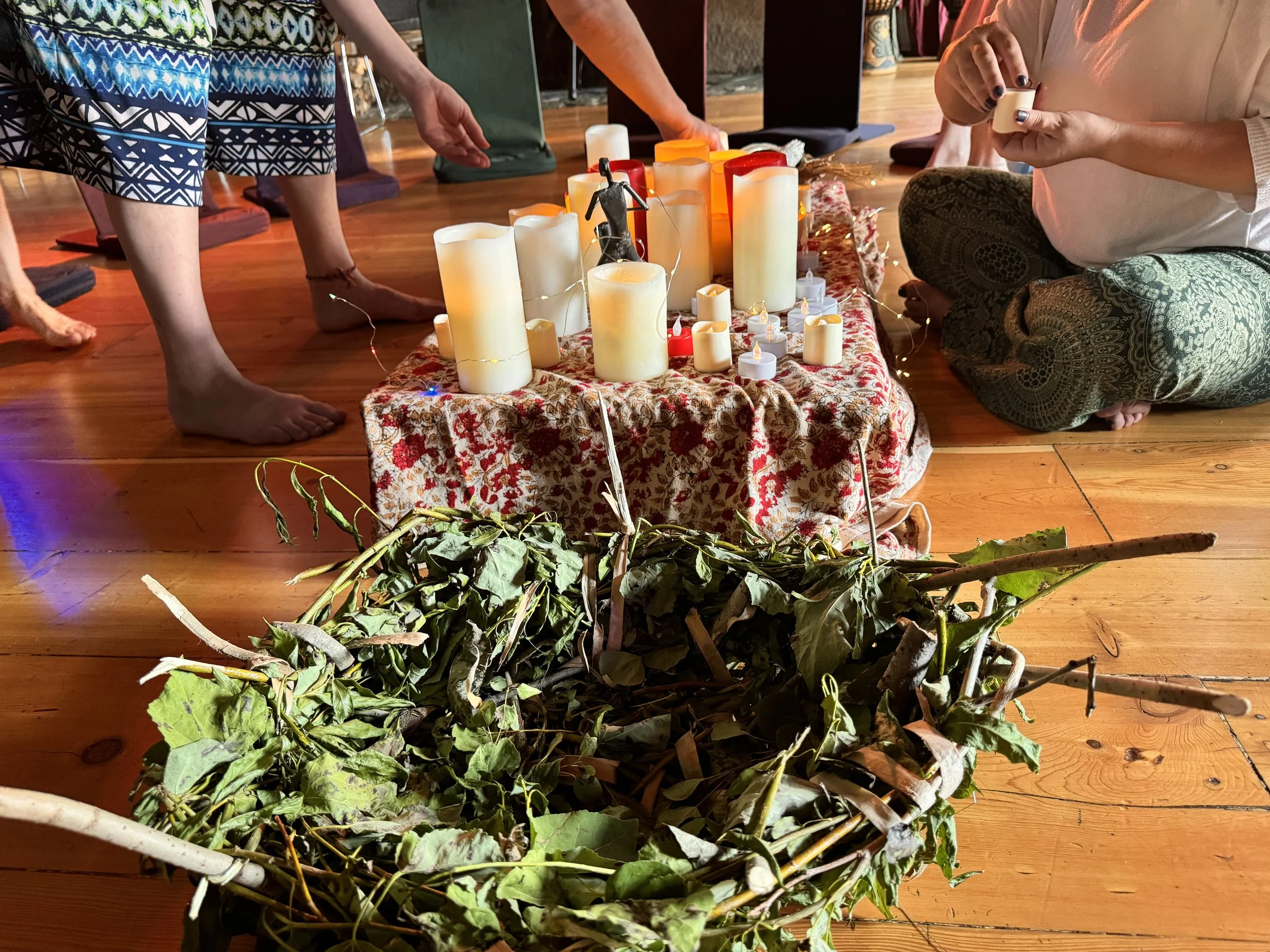There’s a funny thing that can happen when life finally offers us a rare bit of breathing room. Retirement, a quieter season, a shift in what tugs at our days. Suddenly there’s space. A clearing. And many of us, raised in the great tradition of noble overextension, react to that clearing with a kind of internal alarm: Quick! Fill it before someone notices!
A blank calendar can feel almost illicit, as if we might be called before a tribunal to explain our lack of hustle.
But the more I reflect, the more I suspect this urge to cram our days says less about who we truly are and more about the cultural tide we’ve been swimming in. A tide that mistrusts quiet. That measures worth in output. That treats unhurried hours as suspicious luxuries.
And yet subtraction isn’t about sitting around ignoring the world’s needs or those we love. It’s not an opt-out from care or responsibility. It’s an opt-in to clarity.
Subtraction also shows up in the body, especially in movement practices. Anyone who’s ever held a challenging yoga posture knows how quickly we enlist muscles that were never invited to the party: the jaw clamps down, the shoulders inch up like startled birds, the toes try to grip the mat into submission. The mind does something similar in meditation. We pile imagery on top of visualization on top of meaning-making until the simple art of sitting quietly becomes a mental obstacle course.
But what happens when we subtract the unnecessary parts? When we soften the jaw, unclench the toes, release the heroic imagery, and let the practice grow simpler instead of more elaborate?
Usually something shifts. Not dramatically, but unmistakably. Breath deepens. Attention gathers itself. And the moment . . . opens.
Not in a fireworks-and-enlightenment way. More like a subtle loosening when the internal scramble quieting down just enough for presence to slip back in. The nervous system steps half a rung down the ladder. There’s a bit more oxygen in time. A feeling of being here instead of ahead of yourself.
It’s like clearing a single low-hanging branch and watching the light finally reach the forest floor. The body, freed of extra assignments, remembers its own intelligence. The mind, no longer performing, remembers its natural clarity.
Subtraction doesn’t diminish the practice. It reveals the practice and the person doing it.
I think sometimes we just need to stop crowding our own lives. And in that clearing, life becomes a little more breathable, more honest, more ours.







